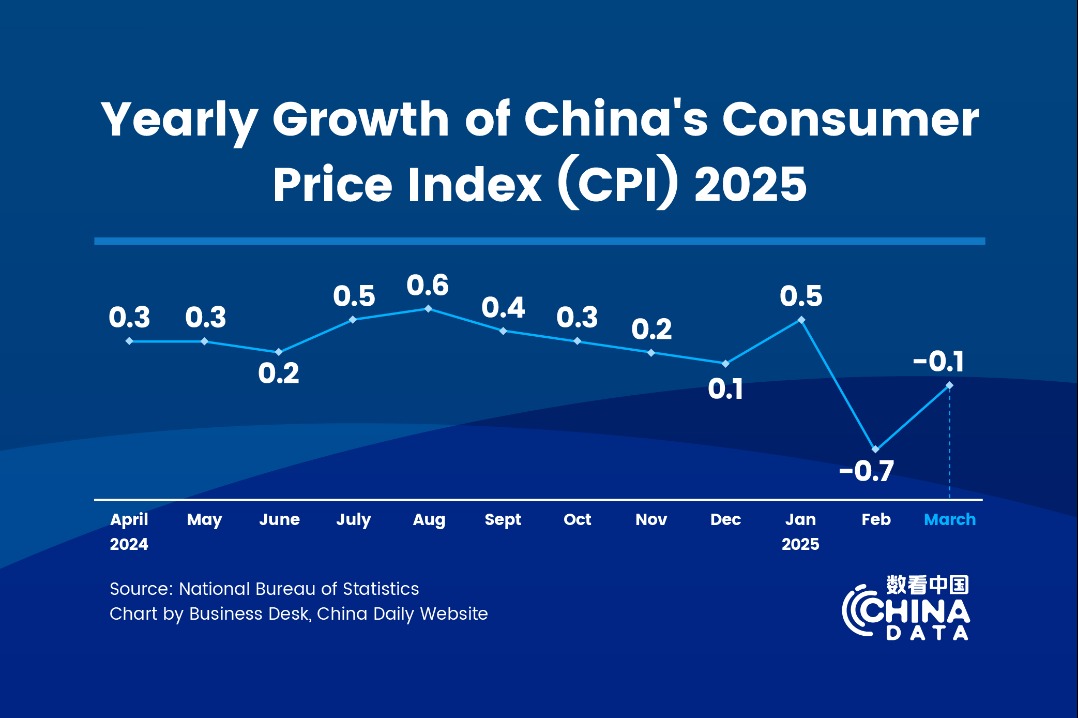Scholars: Increasing imports will help China, world

Given China's vast import potential, enhancing imports will leverage the advantages of China's vast consumer market to share economic dividends globally, thereby fostering a dual cycle of domestic and international economic growth, experts said.
China has maintained its position as the world's second-largest importer for 15 consecutive years, and the import volume has expanded significantly, according to "2024 China Import Development Report" edited by professor Wei Hao, vice-dean of the School of Economics and Business Administration of Beijing Normal University and director of the National Import Research Center.
However, the report released on Nov 3 also highlights that China's per capita scale of imports is relatively low, the degree of dependence on imports is minimal, and imported consumer goods make up a small share of the market, suggesting substantial potential for growth in China's imports.
According to the report, in 2023, China's imports of goods totaled about $2.56 billion, accounting for 10.6 percent of the world's total imports, with import sources becoming more diverse, covering 246 countries and regions globally.
Imports allow China to bring in products that are urgently needed in the domestic economy but cannot be produced domestically, thereby increasing the vibrancy and innovation capabilities of the domestic economy and facilitating mutual learning and exchange between domestic and foreign enterprises, Wei added.
Simultaneously, the structure of China's import products is continuously optimized, shifting gradually from labor-intensive to capital-intensive and technology-intensive products, with an increase in the import volume of high-tech products.
"In the future, there should be a change in the structure of imported goods to increase the proportion of imported consumer goods," said Wei.
It is foreseeable that China's relevant import trade systems will further open up, the domestic environment for actively expanding imports will be further optimized, and China's enormous import market potential will be further unleashed, according to the report.
Also, the report indicates that the rational choice for countries around the world is to pay attention to the new changes in China's import policies and focus on the new trends in China's domestic market demand, especially during economic downturn.
For China's expansive domestic market, it is imperative to help enterprises recognize that competition within the domestic sphere transcends national borders—it is, in essence, international competition, said Yu Chunhai, executive dean and a professor at the School of Economics, Renmin University of China.?
"Those excelling in domestic market competition are poised to expand globally. Through the importation of goods from abroad, China has forged a crucial avenue to extend the benefits of its economic growth to the global community," Yu said.
Since its inaugural session in 2018, the China International Import Expo (CIIE) is now in its 7th edition, underscoring its remarkable achievements in advancing the integration of domestic and international trade, said professor Wang Liyong, director of research at the Central University of Finance and Economics and professor at the School of International Trade and Economics.?
The CIIE has stimulated domestic consumption potential, promoted consumption upgrades, facilitated the harmonization of domestic and international rules and standards, and enhanced the operational capabilities of integrated domestic and international trade, he added.
Moving forward, further efforts can be made to promote import facilitation through enhancing intellectual property services, improving policy targeting, and other measures, Wang said.
Yin Mingyue contributed to this story.




































